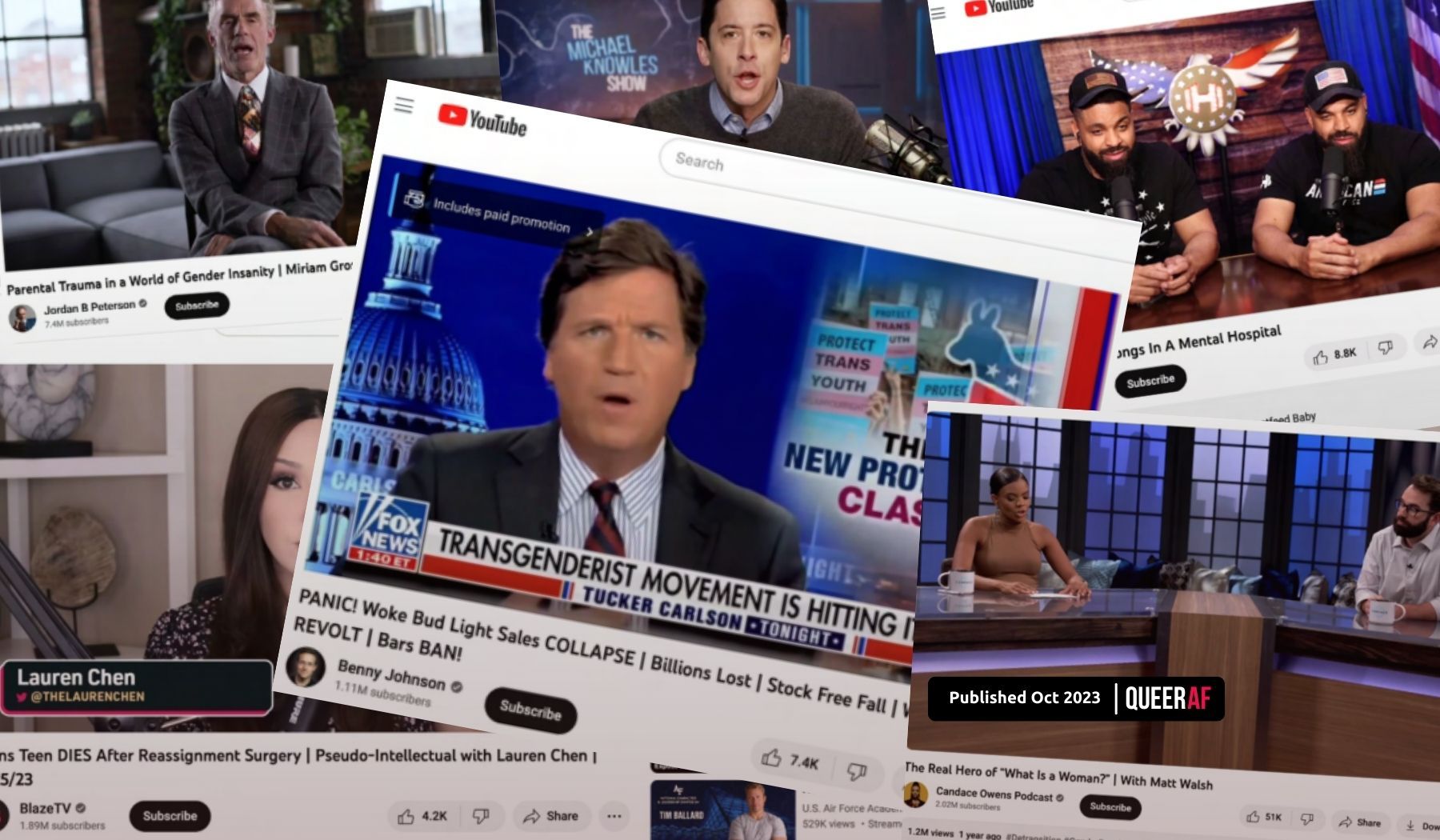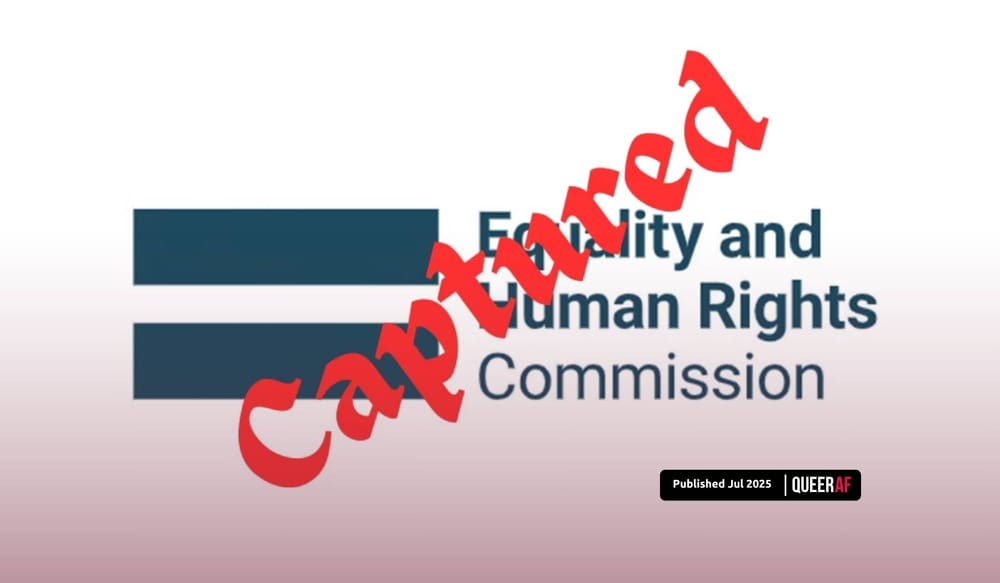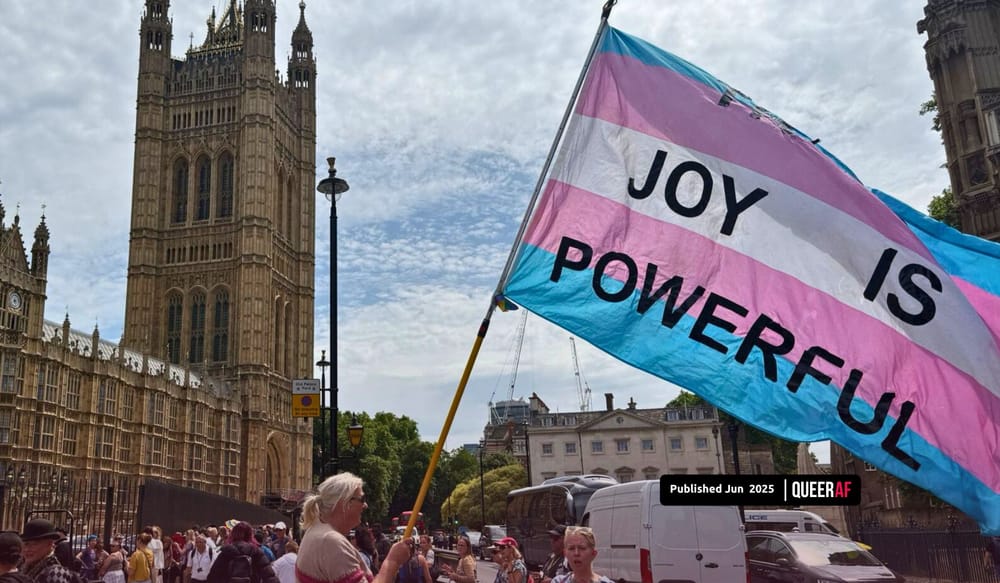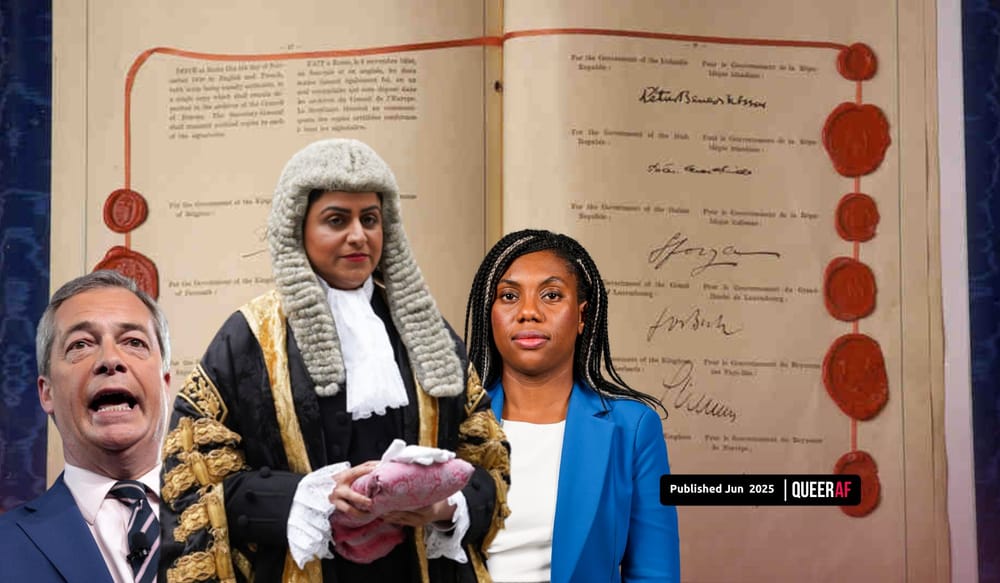
TLDR: Google-owned digital platform YouTube has been allowing monetisation on content featuring anti-LGBTQIA+ hate speech by high-profile online personalities. This has led to over 100 brands being associated with harmful and borderline-illegal content, generating pressing questions about the platform’s transparency when it comes to how they comply with their own content rules.
Digital media and consumer watchdog Ekō (formerly SumOfUs) has revealed that Google’s video platform YouTube is running popular brand ads on videos featuring anti-LGBTQIA+ hate speech - Ekō
In a damning research report titled Monetising Hate, the organisation found corporate brands, educational institutions such as MIT, and media organisations like The Wall Street Journal and the BBC had ads running across anti-LGBTQIA+ hate speech.
Overall, 125 organisations had their ads run over content by notorious internet bigots. The monetised videos contain rhetoric associating transgender people with grooming and paedophilia, and describing gender-affirming care providers as “pure evil”.
Why is violently queerphobic content being monetised?
Google automatically assigns adverts to videos, so brands do not always have direct control over where their ads appear - Google
The YouTube Community Guidelines set out very clearly which content is deemed acceptable on the platform. Content that promotes violence against individuals or groups based on their gender identity or sexuality is explicitly not allowed, let alone suitable for monetisation - YouTube
Yet, the report shows the platform has allowed adverts to appear on content featuring flat-out incitement to violence. In one monetised video, user Benny Johnson says: “[W]e must punish” transgender people in a call to eradicate what he considers “a sick ideology” posing a threat to society. The report found the video features ads for the likes of Toyota, BMW USA, Sony, and Google Store - Ekō
The report sets out how Google is failing to uphold its own regulations when it comes to monetising content on its platform – and deciding what to allow to be posted in the first place.
Apart from their hateful messages, what singles out these videos are their high estimated revenues. As Google draws its own profits from ad views, the companies themselves are profiting from this dangerous anti-LGBTQIA+ content, too.
Analysis: By failing to uphold its own Community Guidelines, YouTube is bolstering anti-LGBTQIA+ hate
Google’s failure to enforce its own content regulations is worrying in many respects. First and foremost, platforming and monetising hate speech by prominent Internet personalities puts countless queer people in danger. Normalising an entire community's dehumanisation will inevitably justify violence against its members.
However, the relationship between content engagement and popularity is not a one-way street. It’s true that the more people appreciate specific creators’ work, the more their content will be circulated online. But the opposite also occurs, with the wide dissemination of certain opinions building up and reinforcing audiences’ beliefs.
What platforms allow on their servers – and where brands allow themselves to be advertised – matters, especially when it comes to harmful content.
The lack of transparency from platforms and companies on where they stand on certain issues creates a massive trust problem. It may be that the brands involved have been unaware of being associated with hate speech, but if that is the case, they need to do better to ensure their ads don’t end up associated with such content.
Google itself may also have made an honest mistake by keeping these channels’ monetisation on. But this begs the question: how can we trust private organisations to safeguard vulnerable groups and uphold the values they claim to subscribe to?
Ekō’s report offers some recommendations for digital platforms, advertisers, and policymakers to ensure better enforcement and control mechanisms going forward. As users and consumers, we should remain vigilant and hold those who have the power to change things accountable.
QueerAF contacted Google, who own YouTube, for comment

QueerAF members include the likes of senior media professionals, queer business owners, and LGBTQIA+ community leaders.
But really they're just a bunch of queer folk who care about our community and how we're portrayed and misrepresented in the media. Do you?
Because our members not only fund our journalism - they also choose what we create.
That's why a different queer creative is taking over the newsletter every week this month to give you their unique perspective on the LGBTQIA+ headlines.
Why?
Because that's what QueerAF members said they wanted to see more of.
Our members directly fund our content, so we think it's only right that when you sign up, you get a direct say on how your funds are used.
If you want to support our unique approach to queer content - please, consider a membership.












